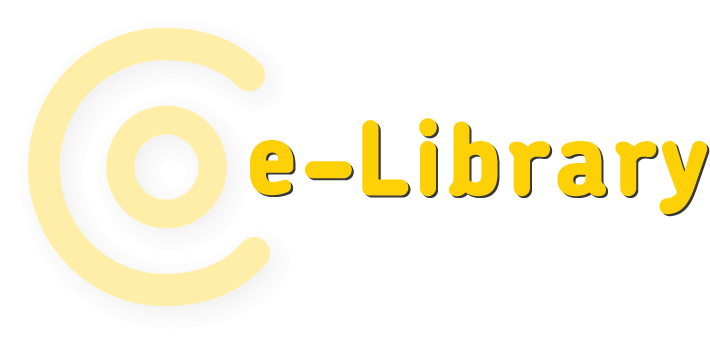
Europe simply cannot afford to waste talent. Therefore, nine organisations that are strongly committed to talent development in higher education have joined forces to develop videos that can help teachers spot and stimulate talents. The e-library is divided into the three pillars of honors pedagogy: Creating community, Enhancing academic competence, and Offering freedom.
For an in-depth discussion of the three pillars, we recommend this dissertation
If you want to learn more about honors pedagogy, you can also check out the
MeTalent Mirror and the YouTalent Spotter toolkits
Europe simply cannot afford to waste talent. Therefore, nine organisations strongly committed to talent development in higher education have joined forces to develop videos that can help teachers spot and stimulate talents. The e-library is divided into the three pillars of Honors Pedagogy: Creating community, Enhancing academic competence, and Offering freedom.
Cross (1998) defines a learning community as ‘groups of people engaged in intellectual interaction for the purpose of learning’. In an honors community faculty, students and professionals have close contact and form a network in which interaction among them is fostered. You can learn more in this article.
Enhancing academic competence involves critical and reflective thinking and the crossing of disciplinary boundaries. You can learn more in this article.
VanTassel-Baska & Stambaugh (2005) claim that educators for the academically gifted need to take flexible approaches to content and give students adequate choice: “Without the use of some form of flexibility within the curriculum, adjusting for the need of gifted students in the regular classroom is an impossible task”.
You can learn more in this article.
These are a selection of videos and links related to talent programs, that do not fit into the three pillars of pedagogy.
